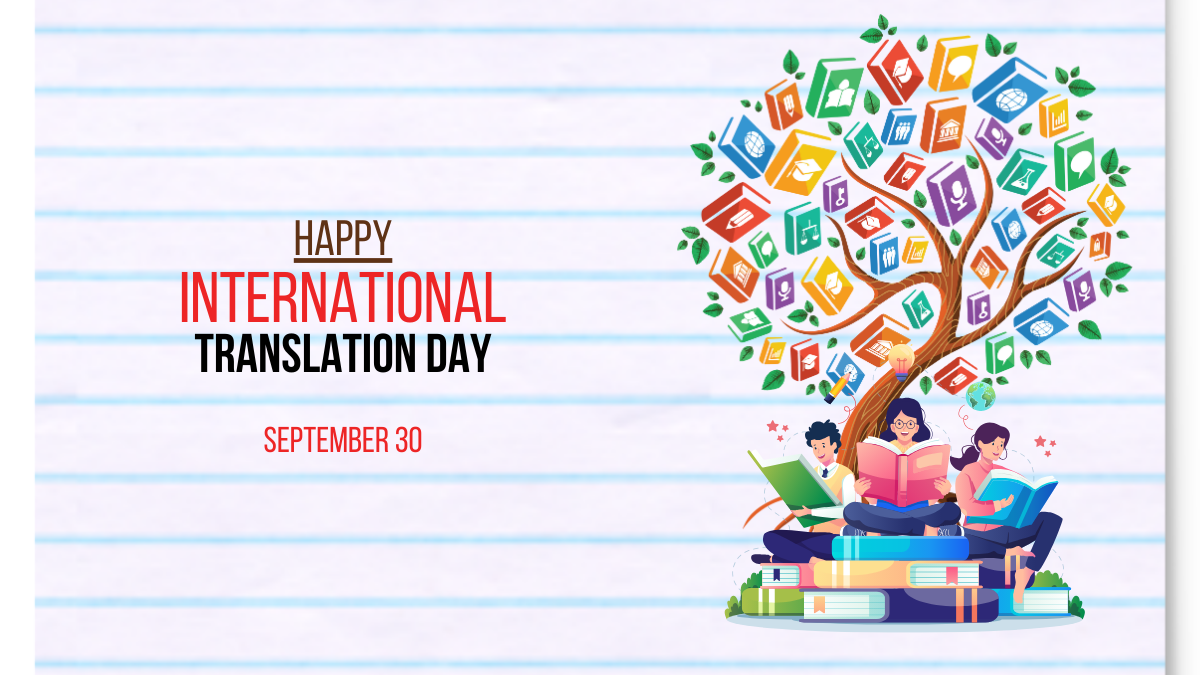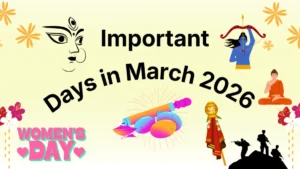Every year on September 30, the world comes together to observe International Translation Day, a day dedicated to honoring the invaluable contributions of translators and language specialists worldwide. This special occasion serves as a platform to recognize the achievements of these professionals who play a crucial role in promoting international communication, understanding, and collaboration. By facilitating dialogue and fostering mutual comprehension across linguistic boundaries, translators are instrumental in advancing and strengthening global peace and security.
The Significance of International Translation Day
United Nations’ Perspective
According to the United Nations, International Translation Day provides a unique opportunity to:
- Acknowledge the contributions of language specialists in enhancing international understanding
- Improve communication on a global scale
- Strengthen national collaboration
- Contribute to global peace and security
Raising Awareness
Beyond recognizing the work of translators, this day aims to raise awareness about:
- The importance of languages in advancing our society
- The critical role of the translation profession in bridging cultural and linguistic gaps
International Translation Day 2024: Theme and Focus
Addressing Ethical Challenges
The theme for International Translation Day 2024 will tackle pressing ethical issues in the field of translation, including:
- Data collection practices
- Copyright concerns
- The use of translated works
Real-World Challenges
This year’s event will shine a spotlight on the practical challenges faced by our diverse global community, particularly in:
- Collecting data for translation purposes
- Translating Indigenous languages
The focus will be on how these challenges are managed while adhering to industry standards and ethical guidelines.
Historical Background
United Nations General Assembly Resolution
On May 24, 2017, the United Nations General Assembly (UNGA) adopted a landmark resolution that led to the official establishment of International Translation Day. This resolution was signed by eleven countries, underscoring the global recognition of the significance of work carried out by language specialists.
Choice of Date
The selection of September 30 as International Translation Day is not arbitrary. This date holds special significance as it coincides with the feast day of St. Jerome, a historical figure renowned for his contribution to translation.
St. Jerome’s Legacy
St. Jerome, a priest from northeastern Italy, is credited with a monumental achievement in the field of translation:
- He translated the Greek manuscripts of the New Testament into Latin
- His work on translating the Bible has had a lasting impact on religious and linguistic studies
The Importance of Translation in a Global Context
Preserving Cultural Diversity
Understanding and translating other people’s languages is essential for:
- Preserving the rich tapestry of cultural diversity around the world
- Fostering international cooperation and collaboration
Overcoming Language Barriers
Without the support of language experts, it would be exceedingly difficult to:
- Overcome language barriers in international communication
- Maintain effective dialogue between different linguistic communities
Growing Demand for Language Specialists
As the world becomes increasingly interconnected through globalization and digital technologies, the demand for language specialists and translators is projected to rise significantly. This growth is driven by:
- Increased international trade and commerce
- Global diplomatic relations
- Cross-cultural artistic and literary exchanges
- The need for localization in the digital sphere




 Important Days in March 2026: Check the ...
Important Days in March 2026: Check the ...
 World Wildlife Day 2026: Why Medicinal P...
World Wildlife Day 2026: Why Medicinal P...
 National Science Day 2026: Honouring the...
National Science Day 2026: Honouring the...








